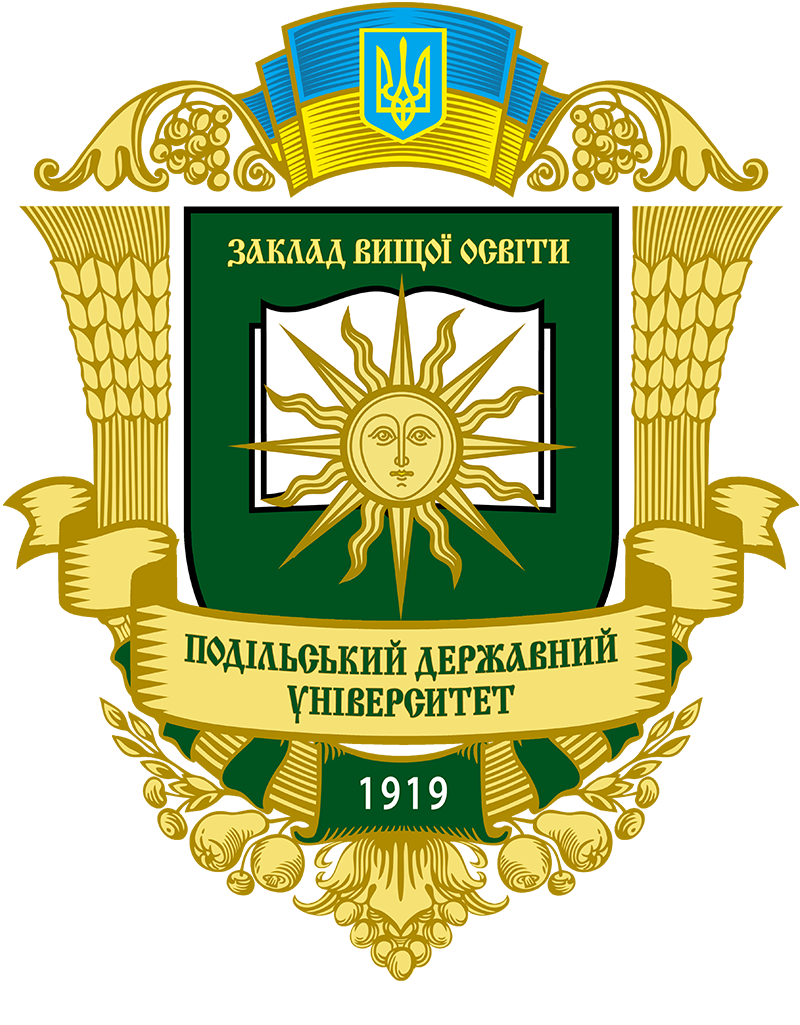PROFESSIONAL ORIENTATION OF THEORETICAL TRAINING FOR HIGHER EDUCATION ACQUIRES IN ENGINEERING SPECIALTIES
DOI:
https://doi.org/10.37406/2521-6449/2024-2-6Keywords:
professional orientation, fundamentals, physics, lecturesAbstract
The article is devoted to the peculiarities of teaching physics in an agricultural and technical educational institution. Fundamental training and specialization as areas of restructuring of higher agricultural and technical education is due to the fact that most engineering education programs are quite general in nature and do not provide a sufficiently deep base for acquiring professional competence. Therefore, in order to improve the quality of training of future specialists, there was a need to strengthen the fundamental and professional orientation of training, taking into account specialization. The purpose of the article is to describe methodical techniques for the realization of the professional orientation of the study of specific physics issues for further mastering by engineers of disciplines of a specialized and applied nature, as well as in their future professional activities. To achieve the goals of the research, the following research methods were used: theoretical (comparative analysis of scientific and methodological and pedagogical literature) and empirical (observation, analysis, survey of respondents, generalization and modeling of research results, generalization of pedagogical learning experience). In order to select and understand the results of the experiment, a survey of teachers and students of higher education was conducted in order to reveal the understanding of the importance of studying physics for future professional activities. It has been demonstrated that the professional focus of teaching physics is a leading factor in the fundamental and professional training of future specialists in engineering specialties. The professional orientation of education promotes motivated study by students of physics, and later, specialized disciplines, as a result of which is the training of highly qualified specialists in accordance with the requirements and requests of the modern agricultural industry. The proven method of implementing the professional orientation of physics education is described. It has been proven that the effectiveness of studying physics in an agricultural and technical educational institution is related to the observance of the principle of continuity in the study of physics with future professional activities. On the basis of the conducted experiment, it was established that the introduction of the methodology for the implementation of the professional orientation of the theoretical physics course increases the success rate at a sufficient level by 6.8%, and at a high level by 6.35%.
References
Blömeke S., Busse A., Kaiser G., König J. The relation between content-specific and general teacher knowledge and skills. Teaching and Teacher Education. 2016. № 56. Р. 35–46.
Bulgakova O., Zbaravska L., Slobodian S., Dukulis I. Formation of information-communication competence of future agricultural engineering specialists at agriculturalinstitutions of higher education. Engineering for Rural Development. 2023. Vol. 22. Р. 691–699.
Bulgakova O., Zbaravska L., Dukulis I., Rucins A. Content of professionally oriented training in course of physics for students of agricultural engineering specialties. Engineering for Rural Development. 2023. Vol. 22. Р. 661–666.
Erinosho S. Y. How do students perceive the difficulty of physics in secondary school? An Exploratory Study in Nigeria, Int. J. Cross-Disciplinary Subj. Educ. 2013. Vol. 3. Р. 1510–1515.
Jenssen L., Dunekacke S., Eid M., Szczesny M. From teacher education to practice: Development of early childhood teachers knowledge and beliefs in mathematics. Teaching and Teacher Education. 2022. Vol. 114. https://doi.org/10.1016/j.tate.2022.103699.
Kaiser G., Konig J. Competence measurement in (mathematics) teacher education and beyond: Implications for policy. Higher Education Policy. 32(4). 2019. pp.597-615.
Kuswanto K. Where is the direction of physics education? Jurnal Pijar Mipa. 2020. № 15(1). Р. 59–64. https://doi.org/10.29303/jpm.v15i1.1226.
Nikolaenko S., Ivanyshyn V., Bulgakova O., Zbaravska L. Programming of pedagogical technology for formation of professional competence when studying natural and general technical disciplines. Engineering for Rural Development. 2022. Vol. 21. Р. 623–630.
Seidel T., Stürmer K. Modeling and measuring the structure of professional vision in preservice teachers. American Educational Research Journal. 2014. № 51(4). Р. 739–771.
Sherin M. G. The development of teachers’ professional vision in video clubs. Video research in the learning sciences / R. Goldman, R. Pea, B. Barron, S. J. Denny (Eds.). Erlbaum. 2007. Р. 383–395.
Sherin M. G., Jacobs V. R., Philipp R. A. Mathematics teacher noticing: Seeing through teachers' eyes. New York : Routledge, 2011.
Stürmer K., Seidel T., Holzberge, D. Intra-individual differences indeve-loping professional vision: Preservice teachers' changes in the course of an innovative teacher education program. Instructional Science. 2016. № 44(3). Р. 293–309.








